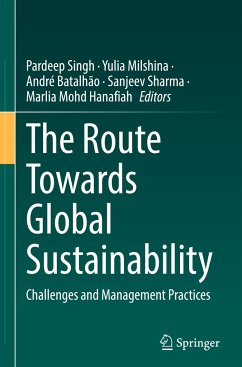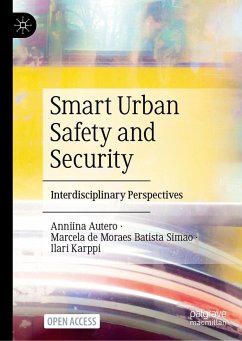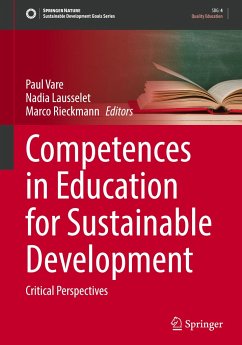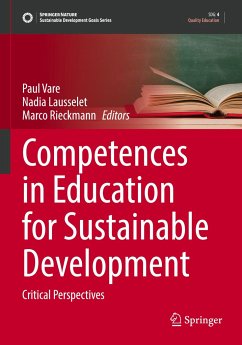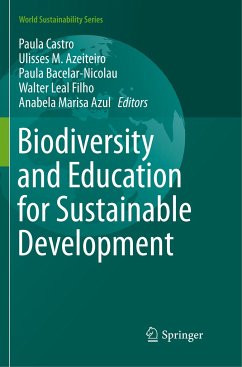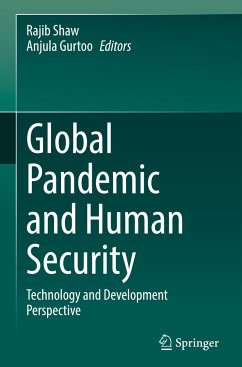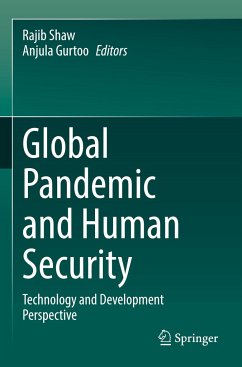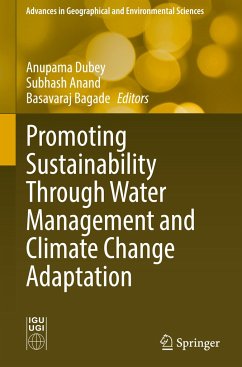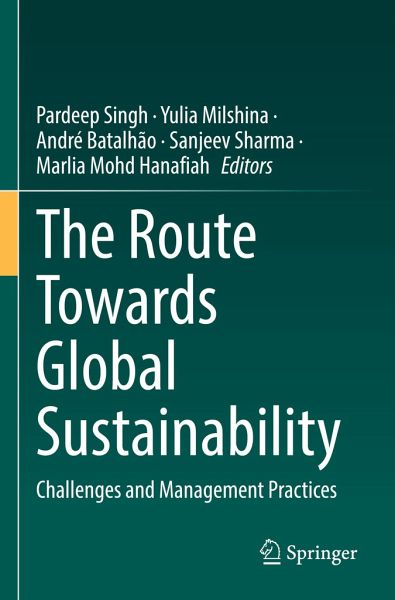
The Route Towards Global Sustainability
Challenges and Management Practices
Herausgegeben: Singh, Pardeep; Milshina, Yulia; Batalhão, André; Sharma, Sanjeev; Hanafiah, Marlia Mohd
Versandkostenfrei!
Versandfertig in 6-10 Tagen
113,99 €
inkl. MwSt.

PAYBACK Punkte
57 °P sammeln!
This volume discusses topics of global sustainability involving sustainability indicators, stakeholders' participation, and technological and strategic advances with the goal of "thinking locally to act globally". Scientists, academics, policymakers, and planners are currently focused on escalating global socioeconomic and ecological issues, such as rising inequality, adverse anthropogenic impacts on the environment, and deficiencies in natural resources. These variables are pushing the earth system's resistance capacity past its breaking point, with additional pressures incurred by a global p...
This volume discusses topics of global sustainability involving sustainability indicators, stakeholders' participation, and technological and strategic advances with the goal of "thinking locally to act globally". Scientists, academics, policymakers, and planners are currently focused on escalating global socioeconomic and ecological issues, such as rising inequality, adverse anthropogenic impacts on the environment, and deficiencies in natural resources. These variables are pushing the earth system's resistance capacity past its breaking point, with additional pressures incurred by a global pandemic. Therefore, this book looks to impart knowledge on participatory learning action research for human and environmental health and well-being. Sustainable development planning and management are needed in these pressing circumstances, and they necessitate an analytical interpretation of ongoing processes, current and future challenges, and an understanding of available tools and technologies. The main sections of the book focus on challenges and management practices for global sustainability, promoting educational values, smart initiatives in urban contexts, and integrating emerging sustainability dimensions in policies and legislation. The primary audience for the work is policy makers, urban planners, social scientists, economists, NGOs, and students, researchers, and educators engaged in environmental social science and sustainability management.





